Spring Sale! Save 20%
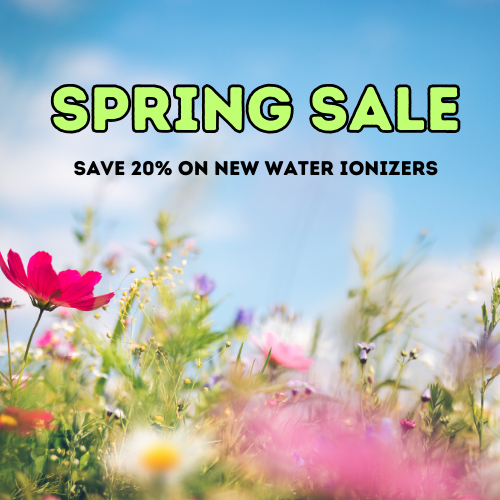
Celebrating 14 Years in Business and an A+ BBB Rating!
Home / Blog-2 / Ionized Water / CropLife Produces Hazardous Pesticides that Poison YOUR Drinking Water
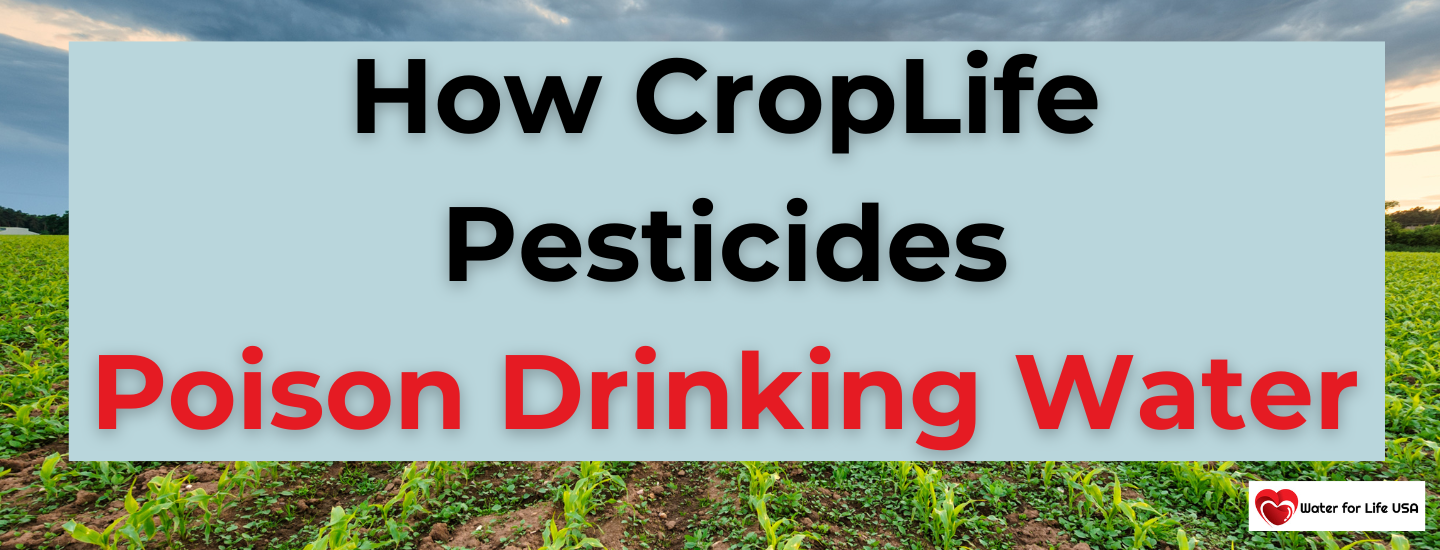
Table of Contents
ToggleSyngenta Global is a Chinese-owned chemical company based out of Switzerland. They sell $13.2 billion worth of pesticides each year worldwide, which they classify as “crop protection.” They are in 90 countries and have 30,000 employees. They are part of a group of chemical companies called CropLife, which includes BASF, Bayer, Corteva, and FMC. Why is this important to the safety of your drinking water? Because 35% of CropLife sales come from pesticides classified as highly hazardous to people, animals, and ecosystems!
By far, the most valuable markets for the highly hazardous pesticides sold by these companies were the commodity crops soy and corn, grown largely to provide animal feed for the meat industry. Between the hundreds of chemical factories spread over 43 different countries and the thousands of slaughterhouses processing seventeen trillion animals a year, you can be guaranteed that these hazardous chemicals are in your neighborhood and your glass of tap water.
Glyphosate: Glyphosate is a widely used herbicide, and its potential health effects on humans have been the subject of considerable research and debate. Glyphosate primarily works by inhibiting an enzyme that is essential for plant growth. The World Health Organization (WHO) classified glyphosate as “probably carcinogenic to humans.”
Paraquat: Paraquat is a highly toxic herbicide that can pose serious health risks to humans if not handled and used with extreme care. It primarily controls weeds and grasses in agricultural and non-agricultural settings. Paraquat is known to be toxic to humans through ingestion, inhalation, or skin contact, and it can have severe consequences if ingested, even in small quantities.
Paraquat is highly toxic to the lungs, kidneys, and other organs. Ingesting even a small amount can lead to severe poisoning symptoms within hours, including nausea, vomiting, abdominal pain, and diarrhea. These symptoms can progress to lung damage, kidney failure, and death.
Chronic exposure to paraquat, like drinking small amounts in your tap water, has been associated with an increased risk of developing Parkinson’s disease. However, more research is needed to establish a direct causal link.
Thiamethoxam: Thiamethoxam is a pesticide used at a household and industrial level on crops, ornamental plants, yards, and
turf. Thiamethoxam has been detected in groundwater and surface water at levels below the guidance value developed by MDH. People can be exposed to thiamethoxam by eating or drinking contaminated food or water or when spending time in an area recently treated with thiamethoxam. Over time, exposure to high levels of thiamethoxam has been shown to cause adverse developmental, male and female reproductive, and liver in animal studies.
Atrazine: Atrazine has a lot of adverse effects on health, such as tumors, breast, ovarian, and uterine cancers, as well as leukemia and lymphoma. It is an endocrine-disrupting chemical that interrupts regular hormone function and causes birth defects, reproductive tumors, and weight loss in amphibians and humans.
According to Unearthed, CropLife members made 10% of their leading products income ($1.3bn) from chemicals classed by the US Environmental Protection Agency (EPA) as highly toxic to bees. These include neonicotinoids produced by Germany’s Bayer and Switzerland-based Syngenta, permanently banned from outdoor use in the European Union in 2018. Brazil was their main market for these chemicals.
CropLife members made almost $3bn (22% of sales) from chemicals found by regulators to pose chronic health hazards. BASF’s weedkiller glufosinate and Corteva’s fungicide cyproconazole were among their top sellers, both classed by EU regulators as damaging to fertility, sexual function, or the unborn child. But by far, CropLife’s biggest seller was glyphosate, classed by the International Agency for Research on Cancer as a “probable human carcinogen.” Glyphosate manufacturer Bayer and various regulators have rejected this classification.
CropLife members made $596m (4%) of sales from pesticides classed as highly toxic by the World Health Organization (WHO) or as fatal if inhaled. Syngenta accounted for a large majority of these sales, with its top sellers including paraquat, a herbicide so toxic that a single sip can kill, which has long been banned in Europe and Switzerland.The CropLife group made most of its highly hazardous pesticide sales in low- and middle-income countries like Brazil and India, where experts say the risks posed by using these chemicals are the greatest.
These companies’ biggest markets for highly hazardous pesticides were the commodity crops soya and corn. These two crops alone accounted for around half of CropLife sales.
The EPA has set limits on the amount of pesticides in our drinking water. Here is a sampling of some of their limits:
Atrazine: The MCL for atrazine, a commonly used herbicide, was set at three micrograms per liter (μg/L) or three parts per billion (ppb) as of my last knowledge update.
Glyphosate: Glyphosate is the active ingredient in some herbicides, such as Roundup. The MCL for glyphosate was set at 700 micrograms per liter (μg/L) or 700 parts per billion (ppb).
Simazine: The MCL for simazine, another herbicide, was set at four micrograms per liter (μg/L) or four parts per billion (ppb).
Diuron: The MCL for diuron, an herbicide used in agriculture, was set at 0.02 milligrams per liter (mg/L) or 20 parts per billion (ppb).
However, glyphosate, atrazine, and other pesticides devastate our environment, even in these small amounts. They have also been linked to Parkinson’s disease, cancer, and other human diseases. The truth is there is no safe amount of these chemicals you can consume, and your only way to protect yourself is by using a multi-stage water filtration system in your home like what’s found in our premium water ionizers.

Save 20% on NEW water ionizers during our Spring Sale! Use code Spring20.
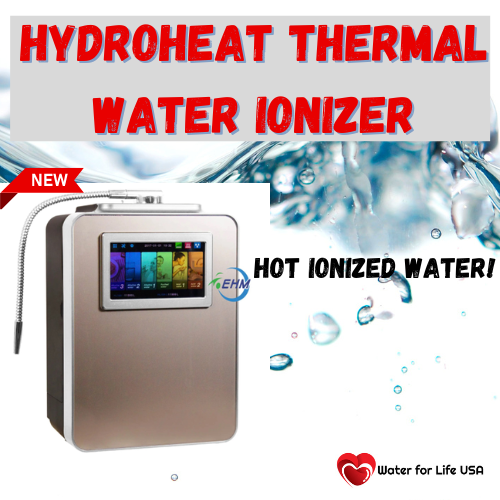
Get HOT ionized water! That's just one of the amazing new features of our HydroHeat Thermal Water Ionizer.

Generous wholesale discounts and drop-shipping available. If you run a health-centered or water-centered business, we want you! Please send us an email that introduces your business to info@waterforlifeusa.com or call us at 877-255-3713.
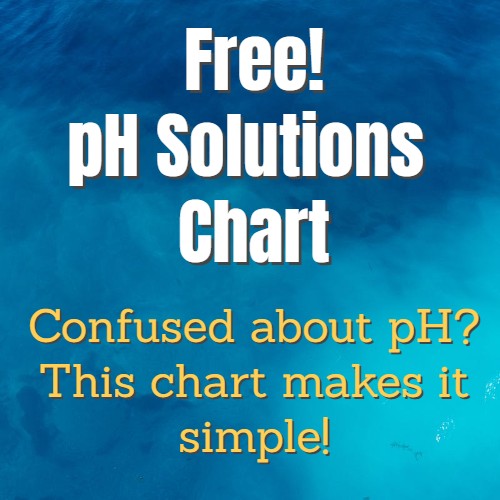
Confused about pH? Want to know the pH of milk? Or bananas? Or soda? Download this free easy-to-use pH Solutions chart. Just click on the graphic above.
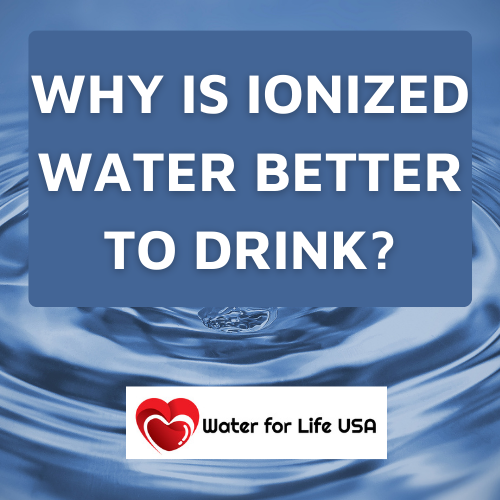
Reverse osmosis? Carbon filter? Distiller? Find out why a water ionizer is better! Join Alderin Ordell, owner of Water for Life USA, as he explains pH, ORP, antioxidants in water, the history of water ionizers, and even what the experts have to say about the health benefits of ionized water.

We offer in-house payment plans. They require a 50% down payment and the rest is paid in three monthly installments. Call 877-255-3713 for more information.

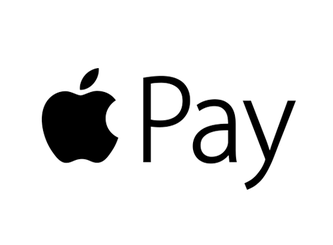
Water for Life USA now has Apple Pay available for all purchases. Order with confidence using Apple Pay!
"Since I haven't been to a doctor in a good while, I decided to go and visit him. I was down 37
pounds and my blood pressure, heart rate, and body temperature were well within range. He
told me the last time I went to see him to get bl...